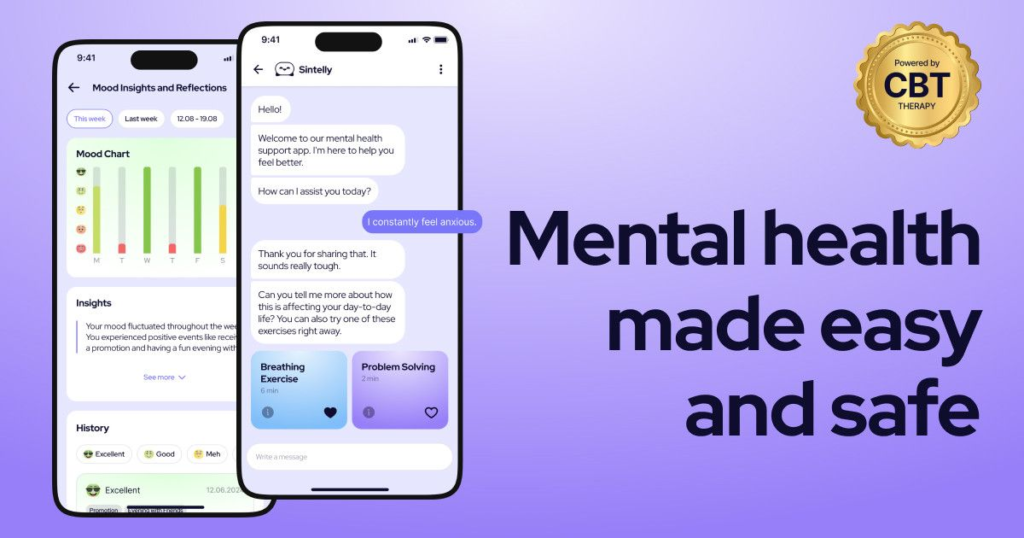Self-reflection is a key process in therapy settings. Here, individuals spend time to think about their feelings, thoughts, and actions. This practice helps clients understand their emotional experiences and the patterns affecting their mental health. By making time for self-reflection, individuals can find triggers and effects that they weren't aware of, leading to personal growth and healing.
Practicing self-reflection improves emotional awareness. This is important when facing mental health issues. It helps individuals express their feelings clearly, which assists licensed mental health providers in adjusting their methods to meet specific needs. When patients talk about more than just surface issues, they often discover deeper emotional conflicts behind their problems. This insight builds a stronger therapeutic alliance, leading to interventions that are more effective based on the client's unique experiences.
Combining self-reflection into therapy sessions can be done with various methods. Journaling is one useful method, as it offers a structured approach that enables individuals to document their feelings in real time. This creates a helpful reference for future sessions. Moreover, therapists might suggest mindfulness exercises or guided meditation to help clients learn more about themselves. Activities like role-playing can allow clients to see various views of their feelings and actions. Incorporating these methods prepares clients to use their reflection time effectively, both in sessions and in daily life, aiding their growth outside of therapy.


